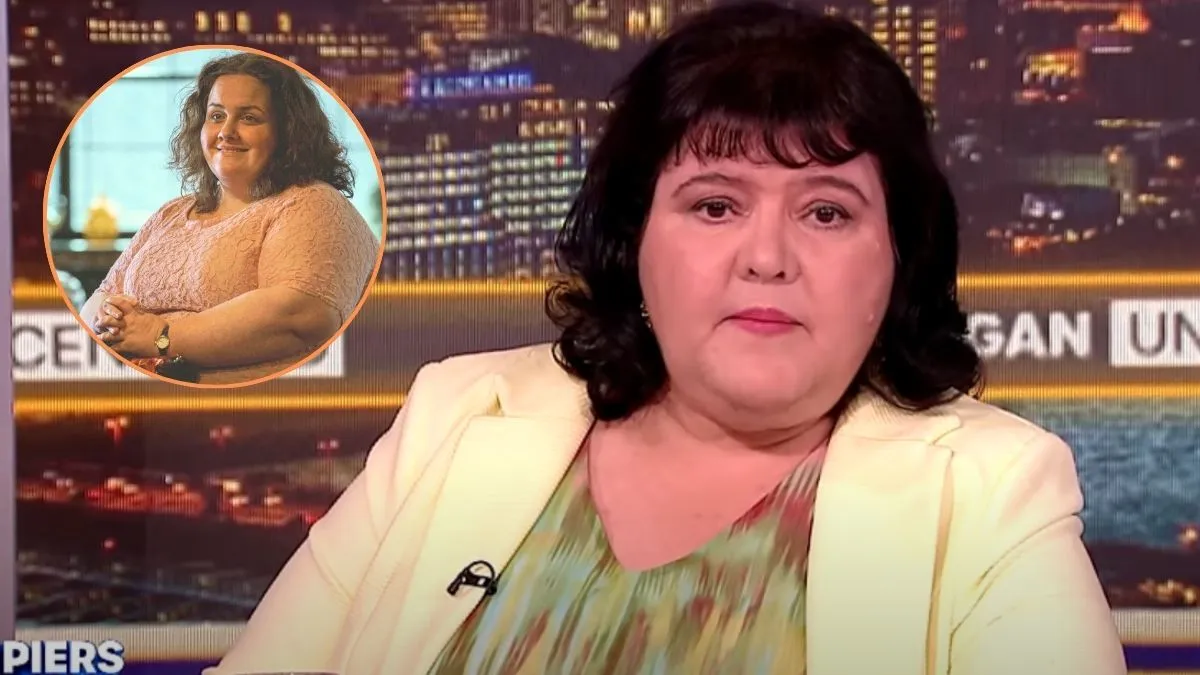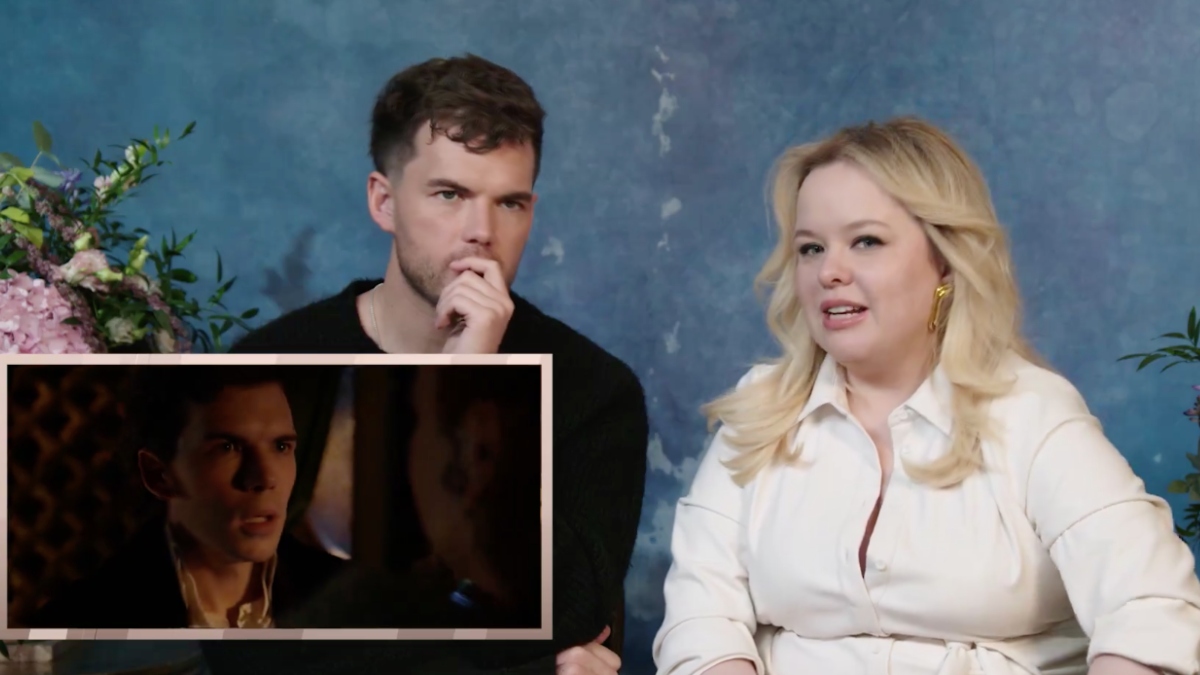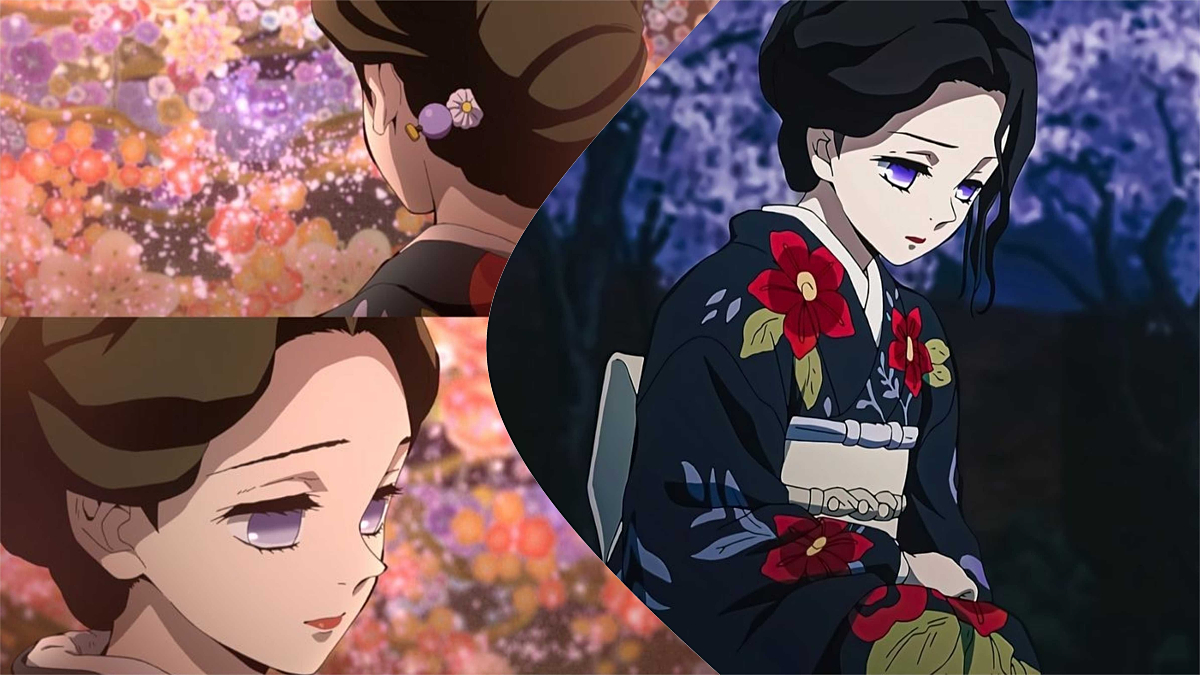Craig Mazin, the showrunner of HBO’s The Last of Us, has provided a bold analysis of how the Netflix business model’s disruptive influence on the entertainment industry led to the WGA or SAG-AFTRA strikes.
In an interview with Deadline, Mazin pulled no punches when asked to identify the business model shifts and risks created the current impasse between writers, actors, and studios, pointing to the industry’s adoption of the Netflix approach.
“The business has been warped by Netflix, and it has been warped by the Netflix philosophy, which is – I hesitate to use the phrase Ponzi scheme – but I will say that Netflix is in the business of leveraged content creation.”
Mazin argued that Netflix’s unprecedented rate of content creation set an unsustainable standard in the entertainment industry. Moreover, he suggests it violates a fundamental business principle by inundating the market with content. He believes the Netflix model led to market over-saturation, financial instability, and reluctance to pay fair compensation to creators and performers.
“In the last five years, there has been an emphasis on spending massive amounts of money to create streaming platforms that are designed to compete with and mimic the ‘success’ of Netflix, which I don’t believe is successful. In doing so, Hollywood willingly unraveled the very system it had created that made itself money for over a century. What we’re dealing with now is the fallout from that.”
The Last of Us showrunner honed in on why he believes the Netflix model is a volatile invention that is largely based on creating the illusion of being lucrative while being in debt.
“They are profitable on a year to year basis but that profit is supported by a corporation that continues to borrow far more money than it has and makes. So, I’m not really sure how that works other than to say that what happened was that Netflix began to create content at a rate that I don’t think any company has ever engaged in. Ever. And, in doing so, everyone else stopped and went, ‘I guess this is what we’re doing now,’ which is shocking honestly because I always understood that people who ran businesses understood business.”
Neglecting the law of demand and supply has repercussions. However, as these consequences impact the metaphorical “little guy,” studios and streaming services often choose to overlook them. Mazin explained how the Netflix model harms writers and performers:
“We are dealing with companies that don’t want to pay residuals on on the basis of streaming because the more people that watch in a weird way I suspect the more it costs them.”
Mazin holds the view that these business practices are counterintuitive. While the frenzy of content creation has benefited streaming giants like Netflix, it has negatively impacted writers and actors. Furthermore, the emergence of AI presents an additional menace to their livelihood, as technology advancements risk replacing their roles entirely. Once AI can autonomously generate content without human input, production studios and streaming services will have the power to eliminate writers from the content creation process.
“They also don’t want to tell us how many people are watching. We used to know that through Nielsen ratings or box office receipts of through gross video sales. Now they just don’t want to tell us. They don’t want to tell us either because certain shows are doing way better than they want us to know or, more likely, a lot of shows aren’t being watched at all.”
Mazin believes that the surge in unethical business practices has disrupted a previously stable system, compelling writers and actors to advocate for better wages and working conditions. While the success of Netflix remains a contentious subject, its content creation model has placed the future of the entertainment industry at risk. Mazin’s analysis serves as a wake-up call from a prominent Hollywood insider.






